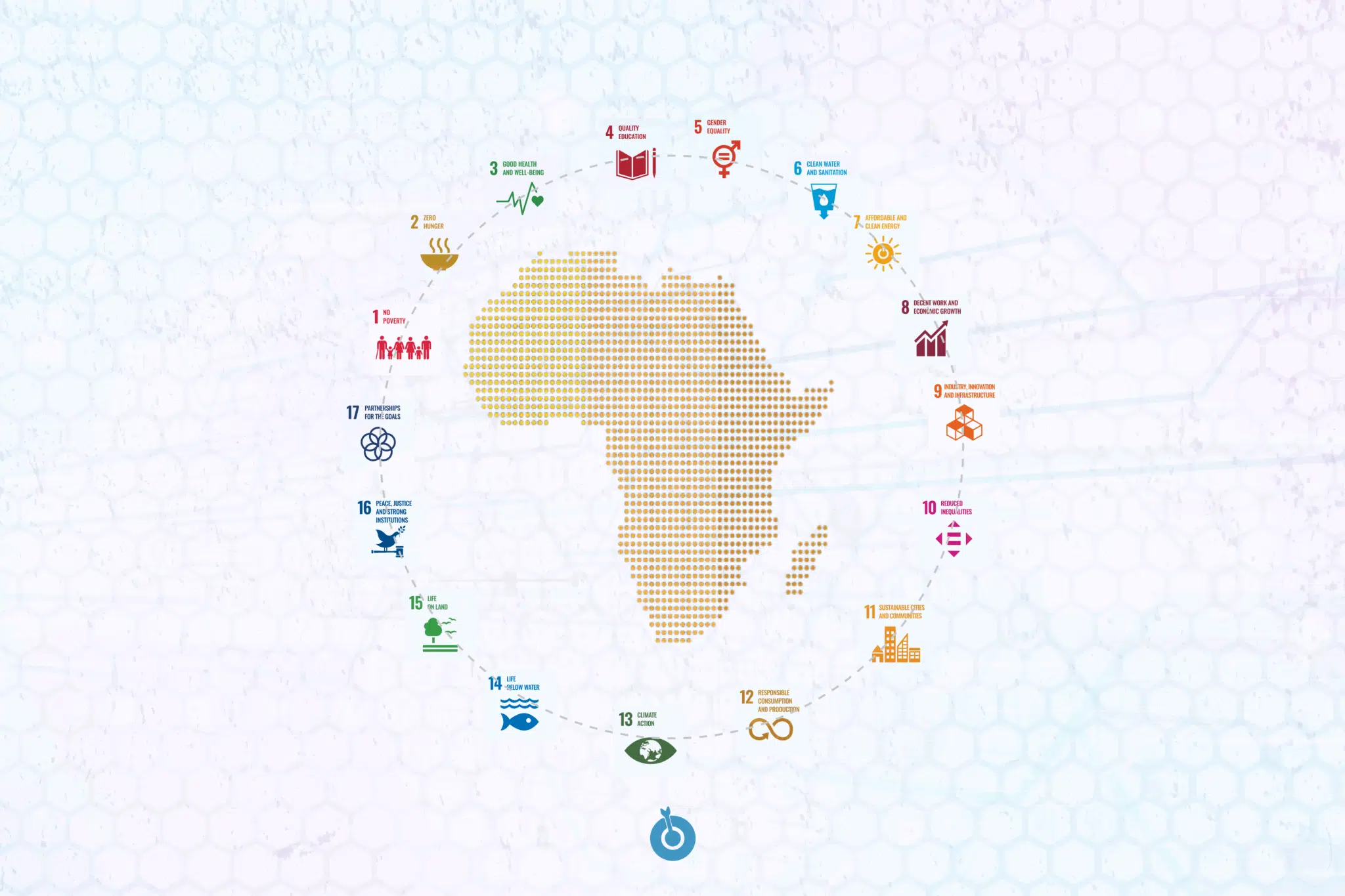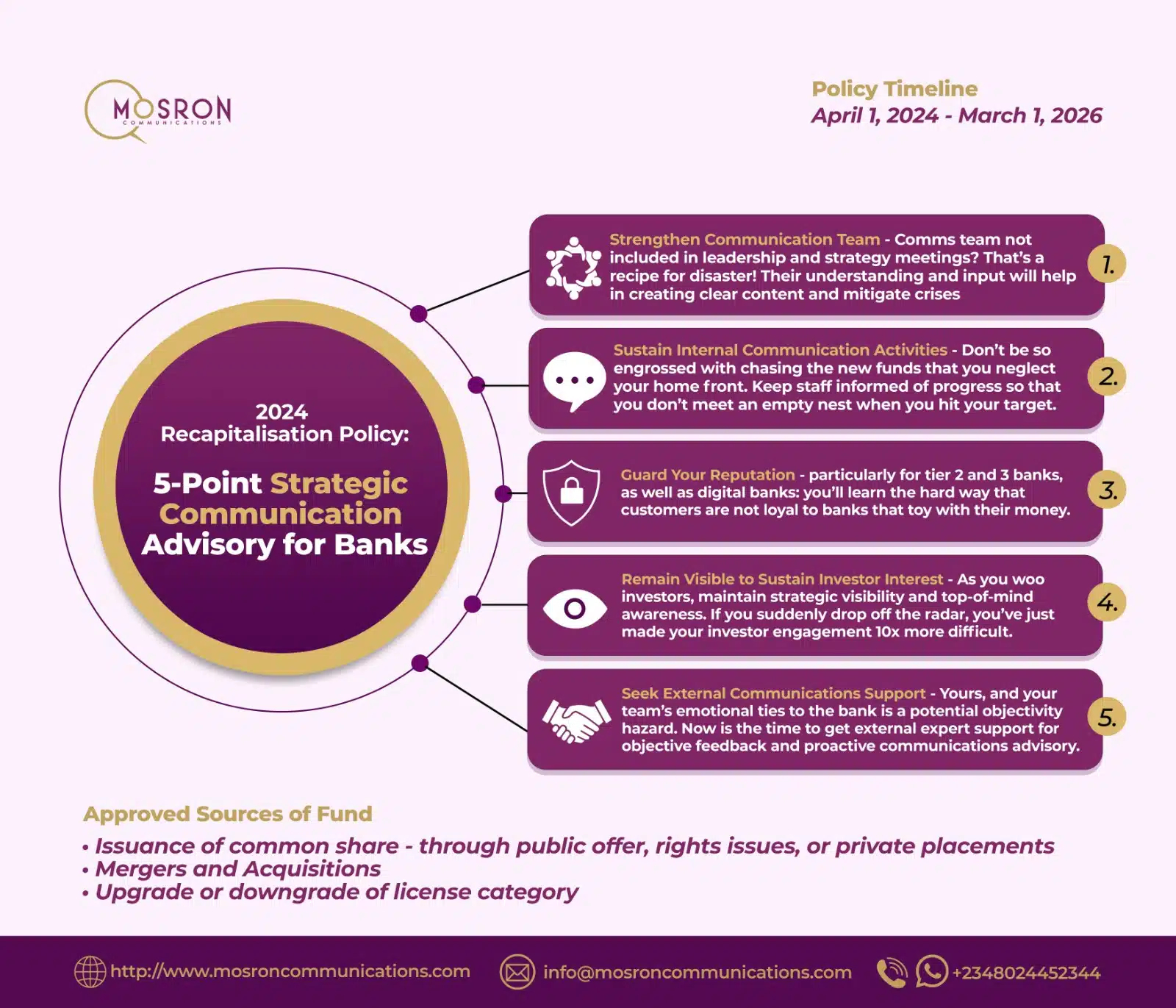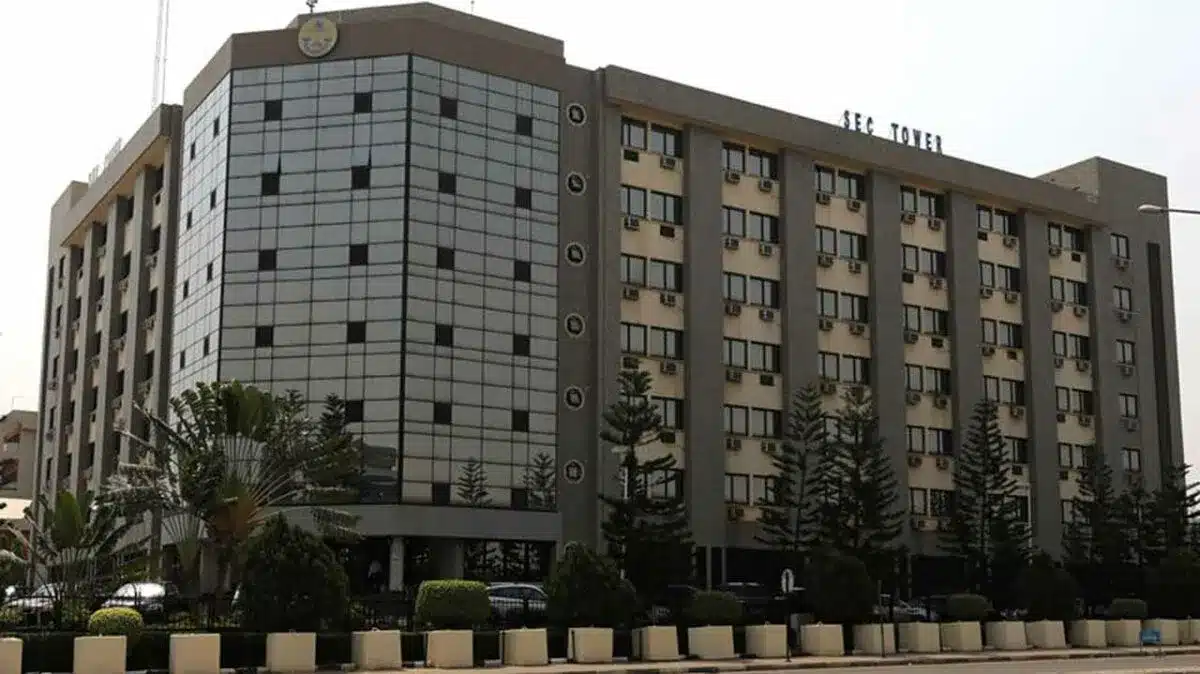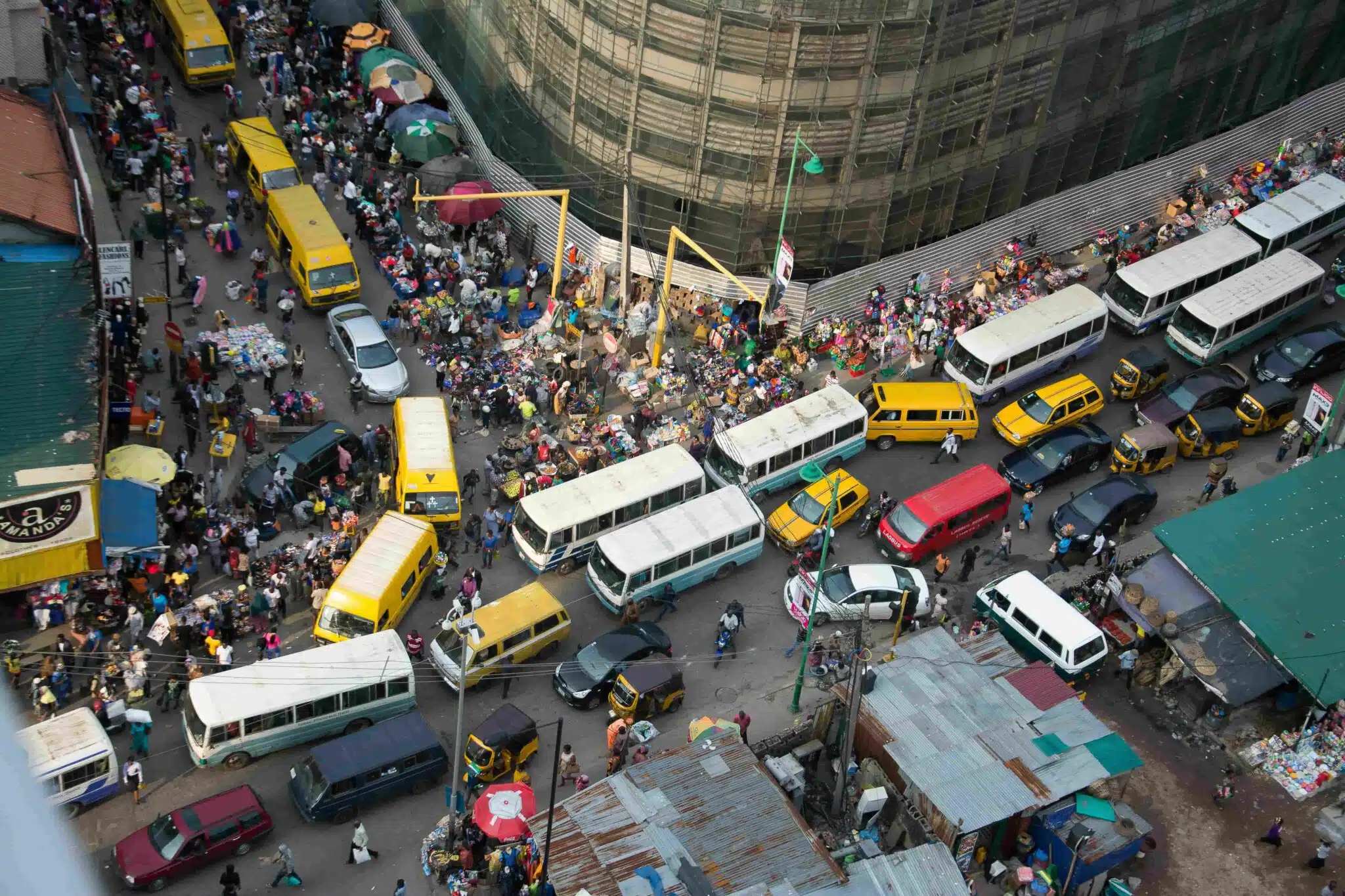Ghana is quietly emerging as West Africa’s green-growth benchmark through steady and systemic progress in energy and mobility.
The country now has electricity for roughly 86% of its population, one of the highest rates in sub-Saharan Africa. In addition to increasing access to power, policymakers have rolled out ambitious renewable and transport plans.
Ghana, for instance, has set a target of increasing its renewable energy generation from 1% to 10% by 2030. It already operates West Africa’s largest floating solar project and solar farms in the North, which generate up to 50 megawatts of power.
At the same time, Ghana is among the few African nations drafting a national e-mobility policy. Under the Drive Electric initiative, officials have developed an EV roadmap and standards for charging infrastructure and vehicle regulations.
These connected policies, mini-grids, and off-grid projects are designed to attract climate-focused investment and private-sector partnerships.
In conversation with Techpoint Africa, Erik Nygard, CEO and Founder of Kofa, an energy startup based in Ghana, discusses why Ghana is one of the best countries for green tech companies to thrive.
This article has been edited for length and clarity
What is Ghana doing differently that makes it easier for green projects to succeed?
The answer is a bit multi-layered. On the one hand, even outside of green mobility, it is quite easy to do business in Ghana. It is relatively straightforward for people to come in and take risks on new things, at least that’s my perception. The climate for testing new things is quite easy to do here.
The general policy landscape has been supportive of green tech and e-mobility for some time. Ghana went through a new government change this year, but even the previous administration was quite pro-e-mobility.
They’d set up an e-mobility policy, such as tax incentives on certain import categories, like buses. It meant that you could import with reduced importation costs.
That’s a pretty big deal, because it sends a signal that the government is serious.
The Energy Commission also does a lot of work here in Ghana, trying to lay out a vision and policy framework for allowing EVs to enter the country.
Is there an equal effort in executing these policies?
That’s a good question. They’ve set out very good policies, which means the conversations happen, but the full-on execution is a bit slower. There is enough positive goodwill to support the sector’s growth, even though execution at the ground level is not always strong.
But I have seen that you can engage in dialogue very easily with the Energy Commission, which oversees all of this. The Energy Commission is the administrator of the regulations; they don’t set them, but they can guide and administer them.
So, as a new entrant, you have a place to start thinking and brainstorming with the Commission.
How easy is the process of getting approvals for green-tech companies?
The approval process for companies is pretty straightforward. An e-mobility company like Kofa would need to identify locations around the cities that we want to operate in to construct and install battery-swapping stations.
To do that, we need to take a number of steps: inform the Energy Commission of where our locations are, tell the local assemblies that govern the areas, and get certificates from the fire service.
These things are relatively straightforward. There haven’t been any bureaucratic stumbling blocks to getting the company up and running.
We put in the application and follow a regimented process of letting the public bodies know what we are doing, and they provide us with the necessary paperwork.
What kind of investor interest is Ghana seeing now?
Climate change is often a capital-intensive business, so you have to invest in hardware to scale. Many investors around the world who focus on climate change understand this, and they are now starting to look at East and West Africa.
Although not all investors are looking for climate-centric investments, we are seeing a blend of those in the more generalist venture capitalists.
Development Finance Institutions (DFIs) also tend to look at climate tech. It’s really a blend of all these kinds of investors who are coming in. The ones specifically for us are the climate investors because they understand hardware, and then DFIs looking to create impact investments.
Is there an increased adoption of eco-friendly products in Ghana?
The reason this [green tech] works is because it’s cheaper. We can offer our battery-swapping service, which is cheaper than a petrol motorcycle. So, we create an economic benefit for the user right away.
That’s the driving force. EVs are cheaper to maintain and power.
I don’t feel that Africa has reached a point where people will buy because of the environmental benefit, and it’s quite a reach to ask them to do that. Even in the West, where that may be happening now, it’s not a widespread phenomenon where people are buying products because they help the climate.
So, on the ground here, you need to create a benefit beyond just the climate change one, which I think is fair everywhere in the world, but probably more important here.
If the product can’t show a financial value or another type of added value to the customer, except for reducing pollution, I don’t think we are there yet.
People should not have to face that additional mental hardship at the moment.
What do African countries need to know about building a green tech ecosystem?
If African countries want to make an immediate impact, they should reduce duties on EVs and batteries. They don’t even need to make it 20 years. They can give a window of three to five years during which there is no duty on EVs as long as they adhere to certain quality standards.
That would be a very strong message that attracts investors. The simplest thing to do is to make it more affordable for all countries to sell EVs in Africa.
I mean, there are more complicated things that they could do. For example, Kenya has begun offering reduced charging rates. I think that if you charge during a certain period of the day, such as at night, the cost of electricity is significantly cheaper than if you charge during the peak of the day.
That makes the economics even better, but that can be harder to implement because you have to work through it with your local electricity supplier and your billing systems.
But duty reduction is relatively straightforward.











